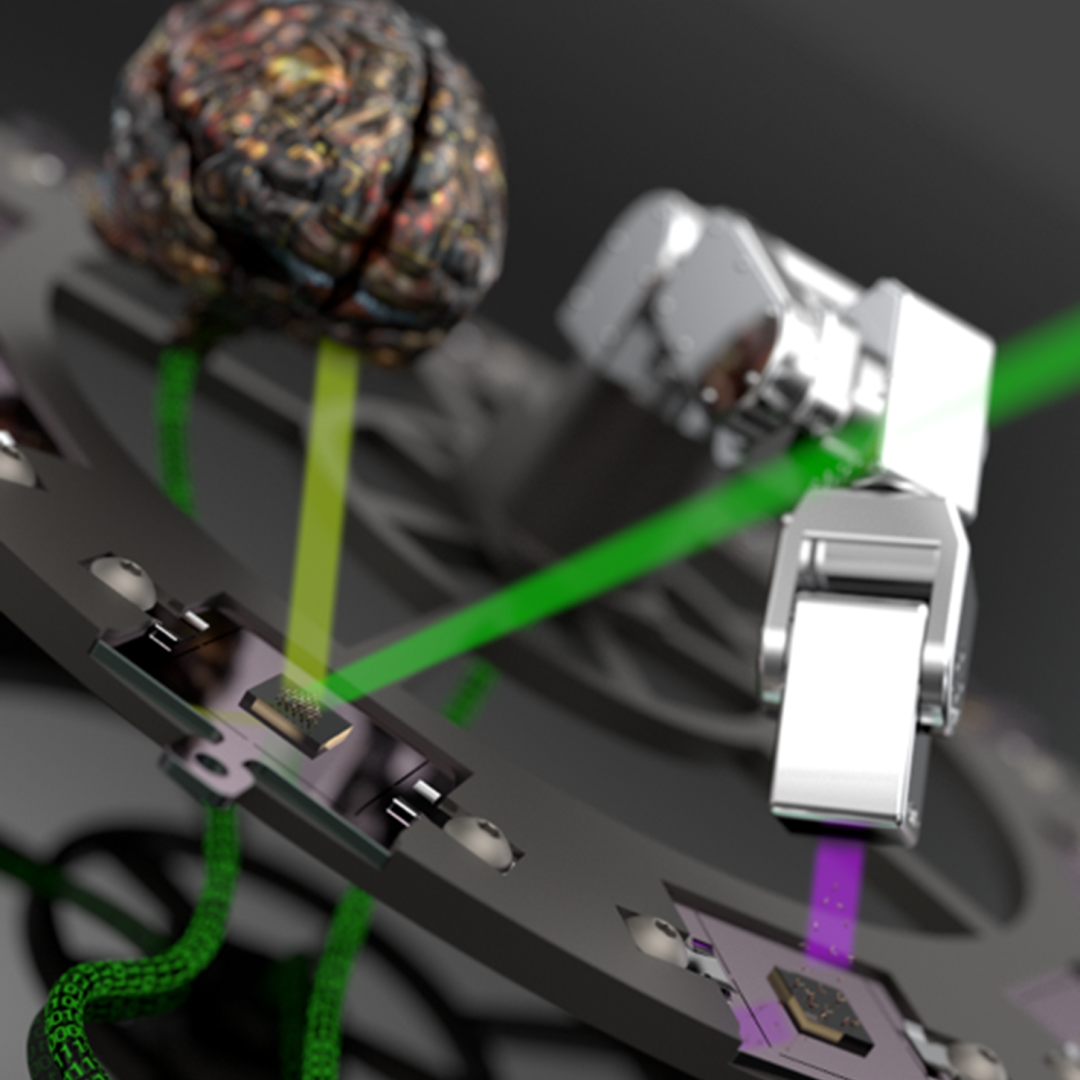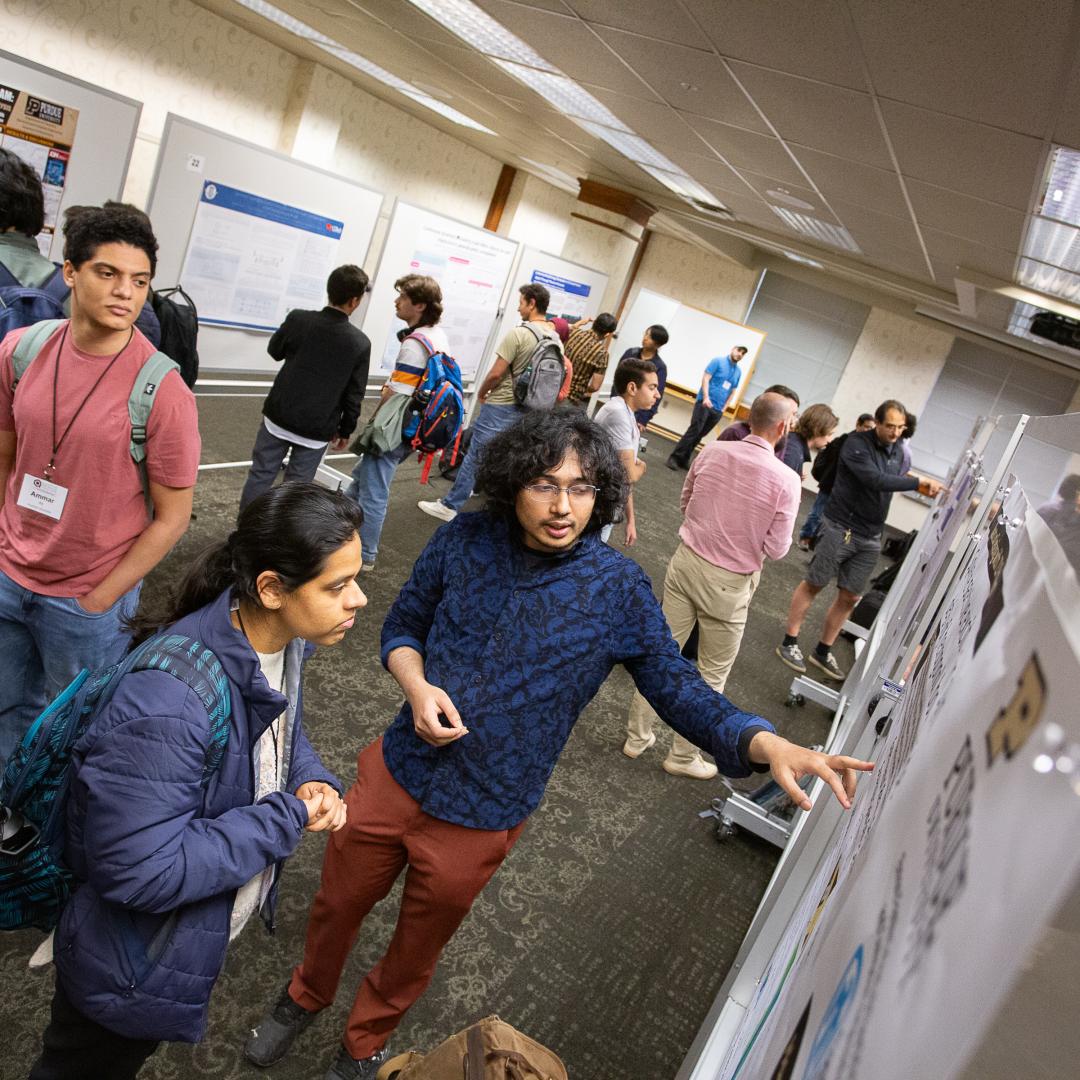Filter News
Area of Research
News Topics
- (-) Microscopy (2)
- (-) National Security (13)
- 3-D Printing/Advanced Manufacturing (10)
- Advanced Reactors (3)
- Artificial Intelligence (22)
- Big Data (6)
- Bioenergy (10)
- Biology (11)
- Biomedical (5)
- Biotechnology (5)
- Buildings (12)
- Chemical Sciences (11)
- Clean Water (3)
- Climate Change (18)
- Composites (4)
- Computer Science (16)
- Critical Materials (3)
- Decarbonization (19)
- Education (1)
- Emergency (1)
- Energy Storage (8)
- Environment (18)
- Exascale Computing (5)
- Fossil Energy (2)
- Frontier (6)
- Fusion (4)
- Grid (5)
- High-Performance Computing (13)
- Isotopes (9)
- ITER (1)
- Machine Learning (8)
- Materials (13)
- Materials Science (12)
- Mathematics (2)
- Nanotechnology (2)
- Net Zero (5)
- Neutron Science (9)
- Nuclear Energy (6)
- Partnerships (9)
- Physics (2)
- Polymers (5)
- Quantum Computing (8)
- Quantum Science (10)
- Security (2)
- Simulation (10)
- Space Exploration (3)
- Statistics (2)
- Summit (4)
- Sustainable Energy (15)
- Transportation (10)
Media Contacts
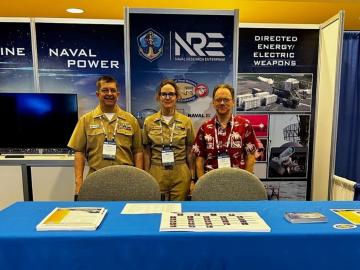
Lieutenant Commander Rich Harvey has spent the last three decades of his career serving his country. Harvey's efforts supporting the Office of Naval Research has earned him the 2023 Junior Scientist Officer of the Year award for coordination and computer modeling support for a project called TALISMAN, his leadership roles and other exemplary service markers.
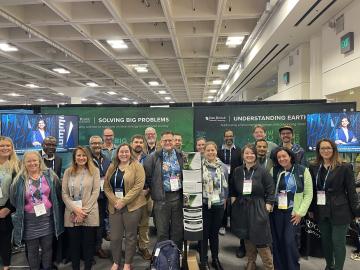
ORNL scientists and researchers attended the annual American Geophysical Union meeting and came away inspired for the year ahead in geospatial, earth and climate science.
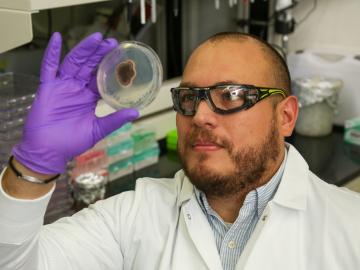
New computational framework speeds discovery of fungal metabolites, key to plant health and used in drug therapies and for other uses.
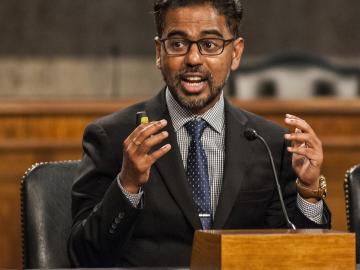
In summer 2023, ORNL's Prasanna Balaprakash was invited to speak at a roundtable discussion focused on the importance of academic artificial intelligence research and development hosted by the White House Office of Science and Technology Policy and the U.S. National Science Foundation.
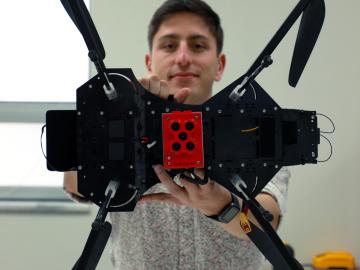
Jack Orebaugh, a forensic anthropology major at the University of Tennessee, Knoxville, has a big heart for families with missing loved ones. When someone disappears in an area of dense vegetation, search and recovery efforts can be difficult, especially when a missing person’s last location is unknown. Recognizing the agony of not knowing what happened to a family or friend, Orebaugh decided to use his internship at the Department of Energy’s Oak Ridge National Laboratory to find better ways to search for lost and deceased people using cameras and drones.


